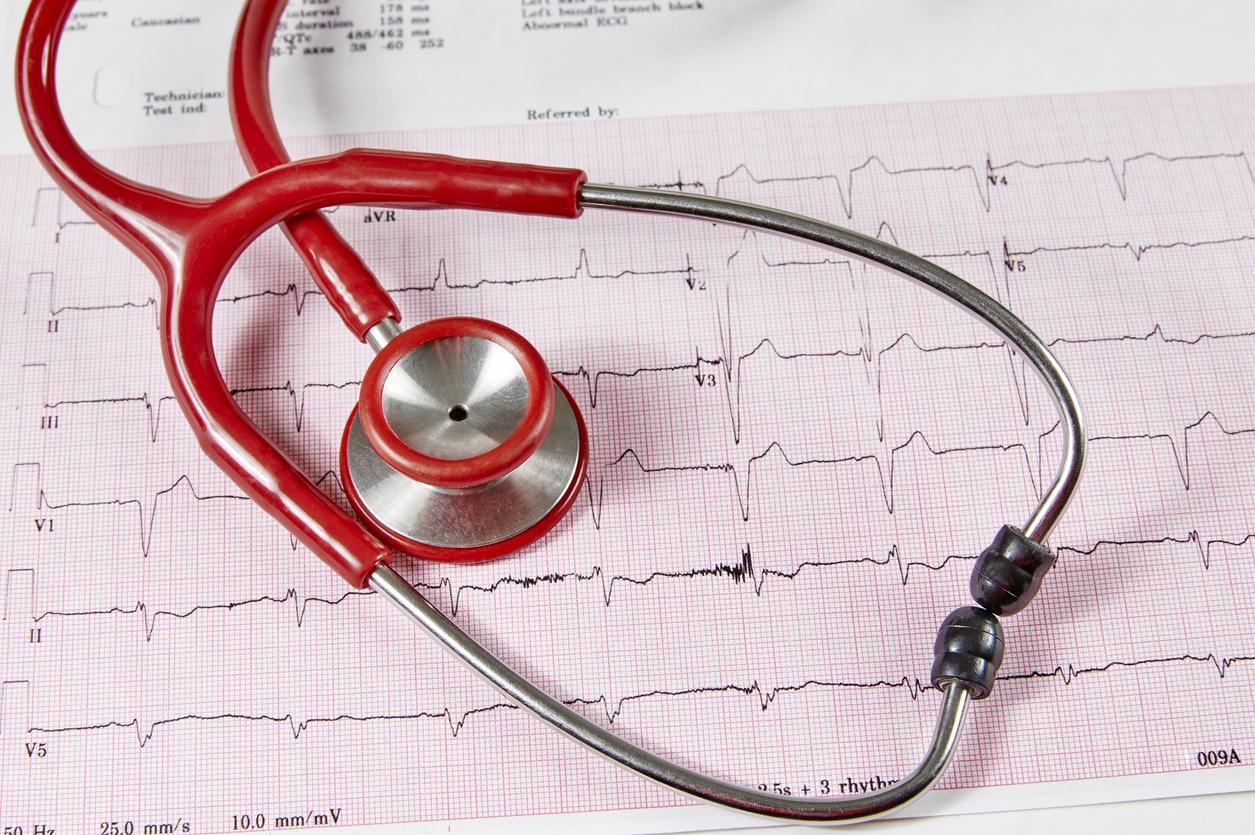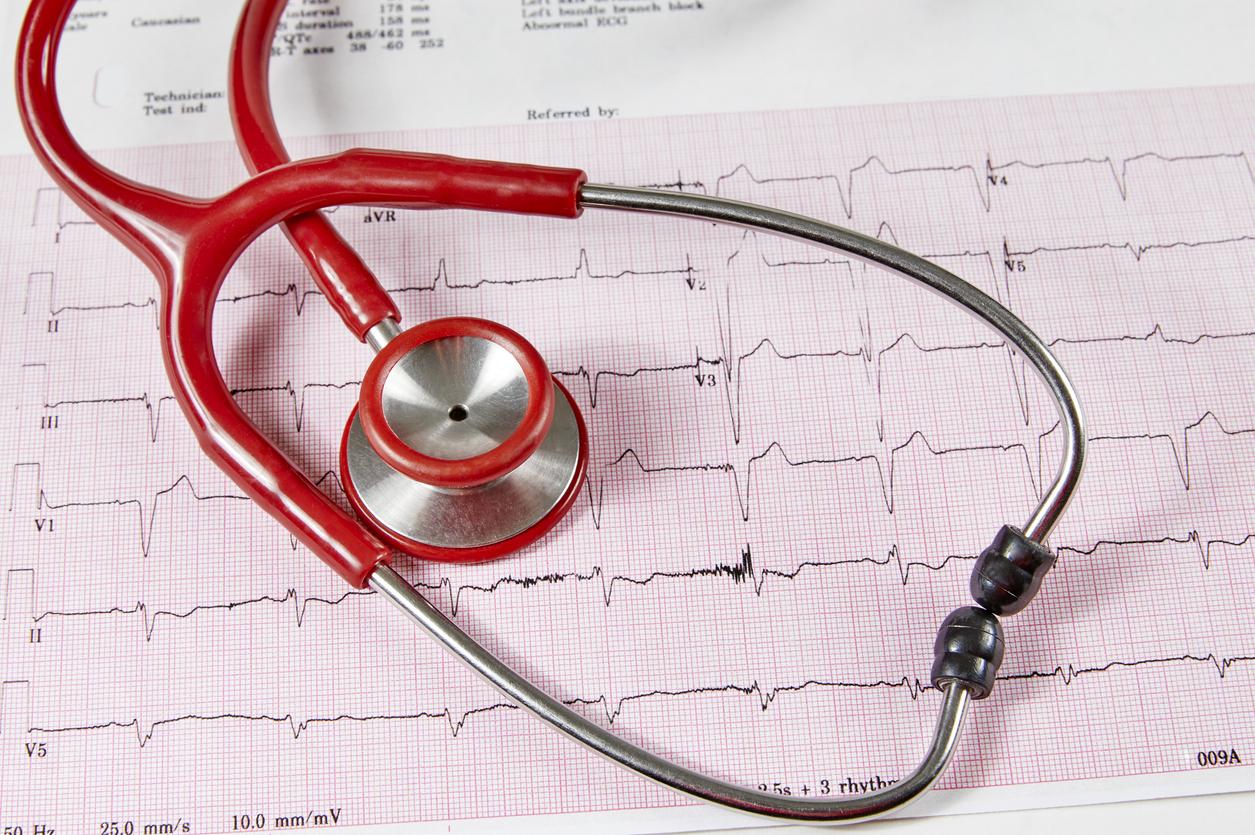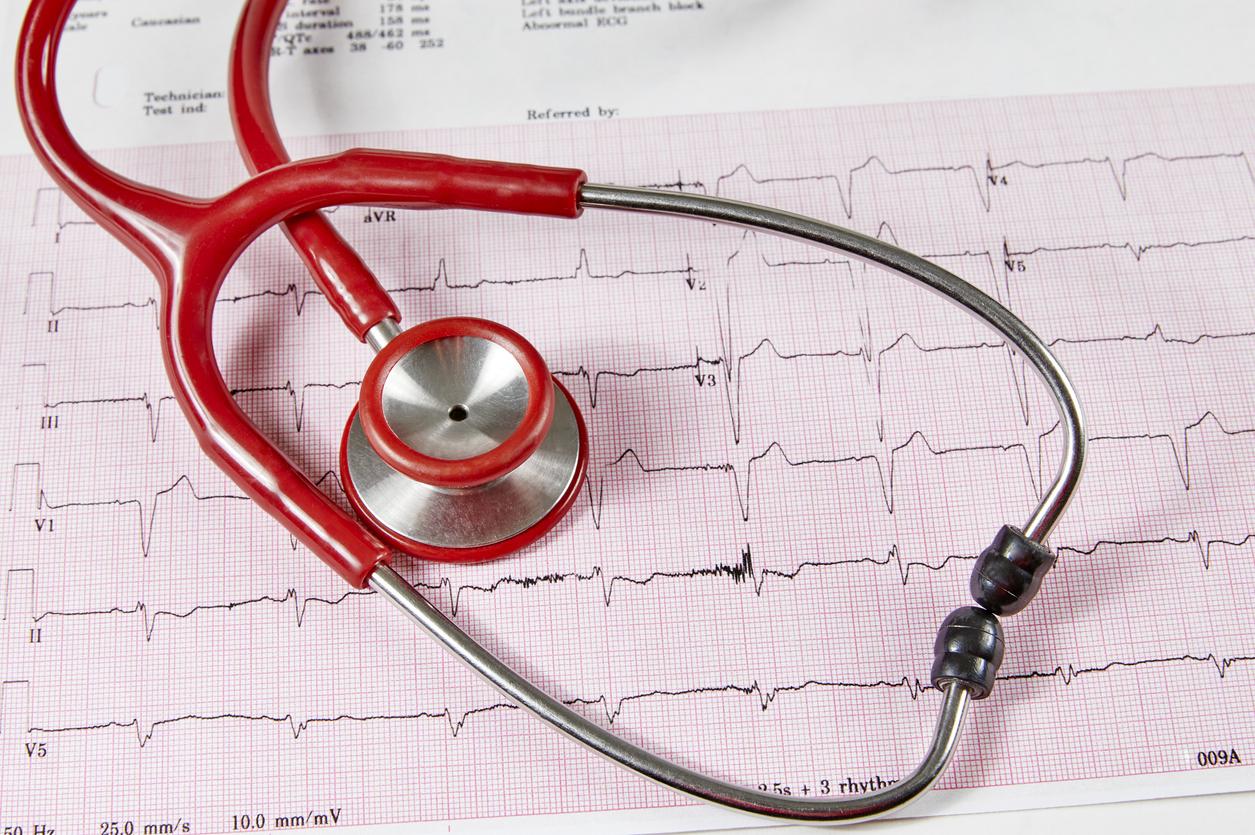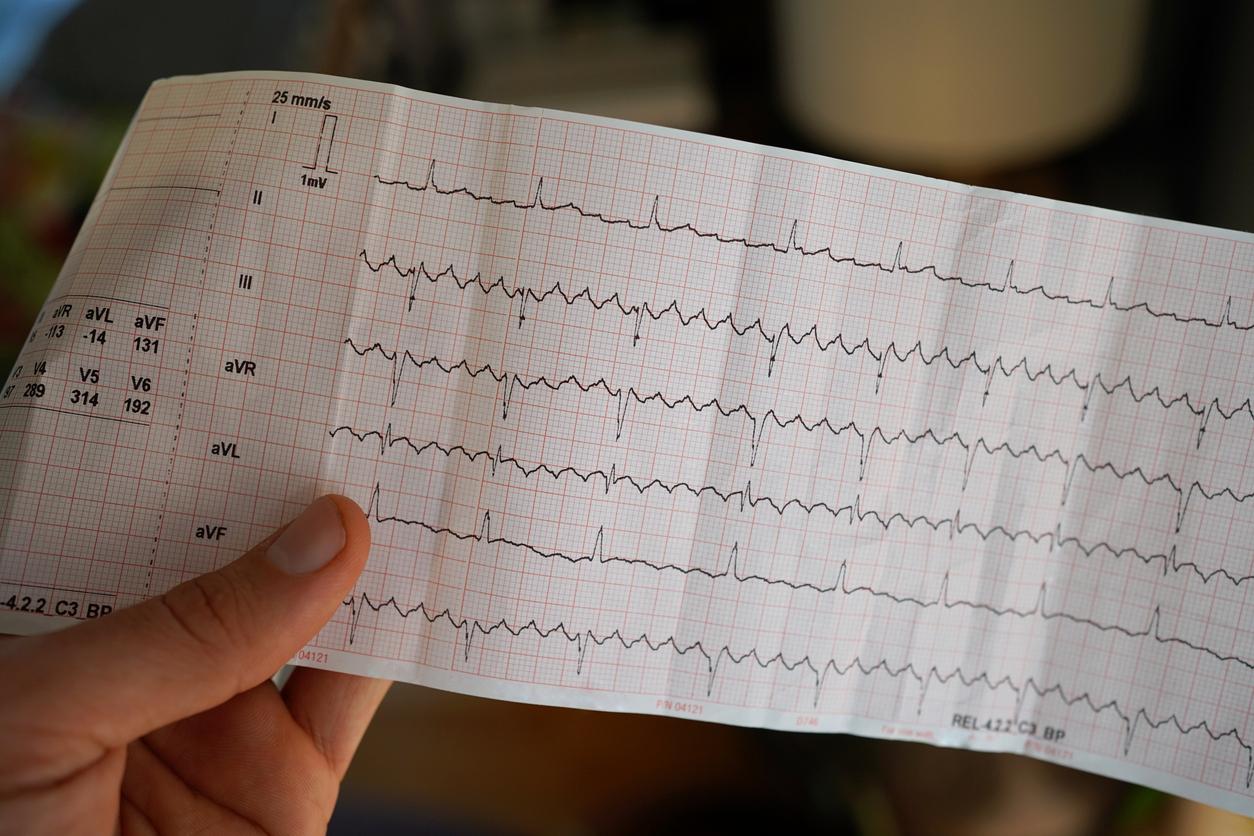A Danish study shows that drugs prescribed to treat atrial fibrillation can increase the risk of falls and fainting in older people.
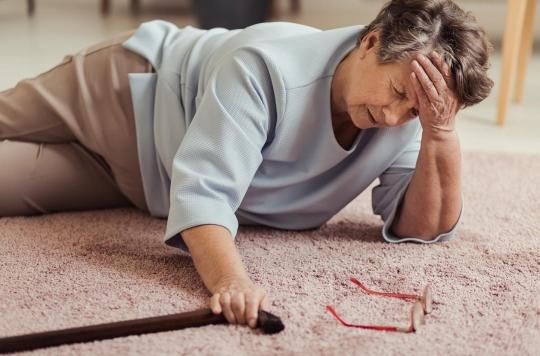
Characterized by an irregular and often abnormally fast heartbeat, atrial fibrillation is a common disorder in people over 60 or overweight. Often asymptomatic, it is not without danger: it can indeed increase the risk of stroke, blood clots or even heart failure, especially in the elderly or in those with a mass index. body (BMI) greater than 30.
This heart rhythm disorder is also one of the conditions that promote falls and fainting in the elderly. This is a real problem when we know that these involuntary falls can lead to injuries, hospitalization and, in the most serious cases, cause death, especially in isolated elderly people.
To prevent the symptoms of atrial fibrillation, doctors usually prescribe medication that controls heart rhythm. However, far from preventing the risk of falls and fainting, these drugs can instead potentially increase it.
This is shown by a new study published on Journal of the American Geriatrics Society.
Amiodarone associated with the most falls
To study the link between atrial fibrillation drugs and an increased risk of falls, researchers looked at the records of 100,935 patients over the age of 65 with atrial fibrillation who received treatment to control their heart rhythms.
The researchers looked at what drugs they were prescribed: the majority were beta-blockers, some calcium channel blockers (diltiazem, verapamil) and digoxin. Other drugs included amiodarone, flecainide, and propafenone.
Next, the authors looked for patients who had been admitted to the emergency room or hospital with fainting spells, fall-related injuries, or both and followed them for about 1.5 years. In total, 17% were injured following a fall, 5.7% had a fainting episode and 20.9% suffered an injury related to a fall or fainting.
By combining the data, the researchers found that amiodarone was significantly associated with an increased risk of falling, whether it was prescribed alone or with other antiarrhythmic drugs. The drug digoxin has been slightly associated with fall-related injuries.
The researchers also noticed that the risk of injury was higher in the first 90 days of treatment, and especially in the first 14 days of treatment.
“Our results demonstrate that, in elderly patients with atrial fibrillation, amiodarone treatment is associated with an increased risk of fall-related injury and fainting,” the authors write. They conclude that it is crucial to be informed about the adverse risks of a given treatment in order to make joint decisions and provide quality care to patients.

.











